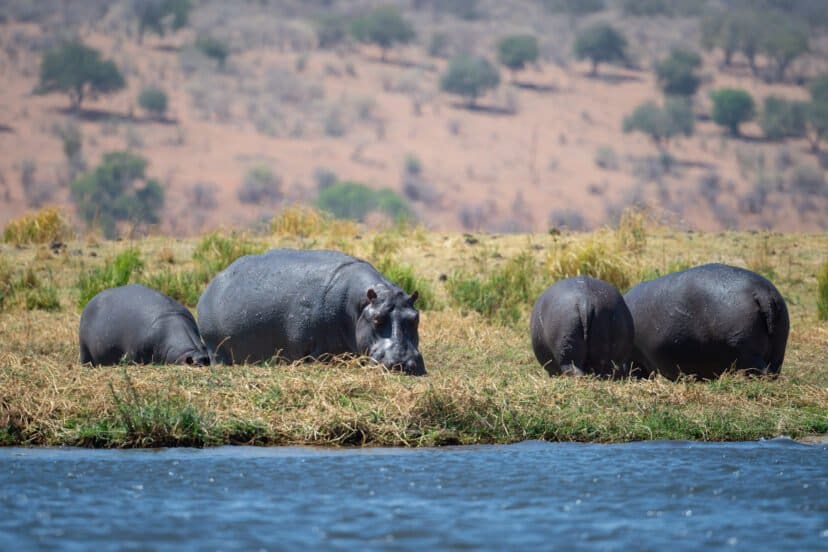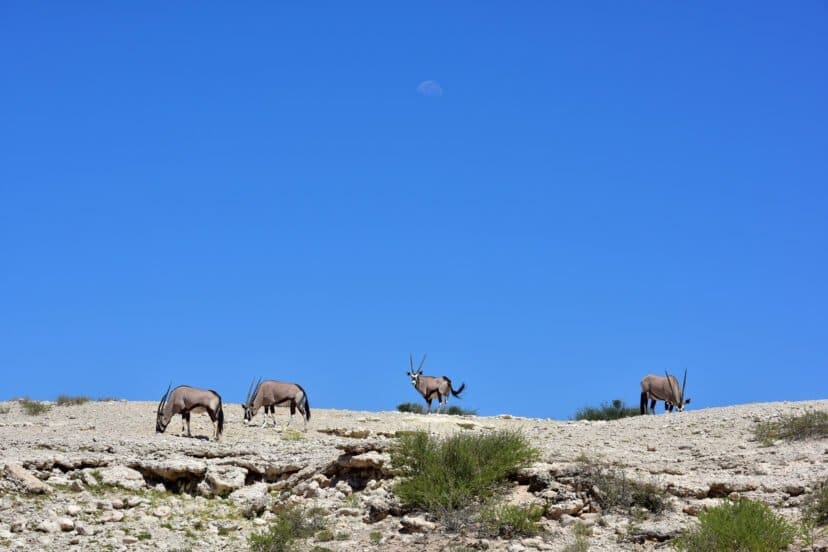Scientists believe they have found proof that all human beings do in fact originate from the same ancestral home.
A recent study has pinpointed an area south of the Zambezi River in Botswana as the homeland of all modern humans. Researchers believe our ancient ancestors settled near what was once an enormous lake – called Lake Makgadikgadi – 200,000 years ago.

Early humans are thought to have settled there for around 70,000 years, before changes in rainfall led to fertile corridors opening up beyond the lush valley wetlands. The area where the great lake once was is now a dry expanse of salt flats.
The study, which has been published in Nature, states that the isolated population started to disperse in three seperate waves of migration taking place between 110,000 and 130,000 years ago.
This move outwards is reportedly what kick-started human migration out of the continent of Africa and, ultimately, across the globe.
Lead researcher and geneticist Professor Vanessa Hayes has issued the following statement regarding these findings:
It has been clear for some time that anatomically modern humans appeared in Africa roughly 200,000 years ago. What has been long debated is the exact location of this emergence and subsequent dispersal of our earliest ancestors.
Researchers were able to pinpoint this location by analysing 217 samples of mitochondrial DNA, the genetic material found within most cells in the body. They were then able to trace back the human family tree.
This genetic information was examined alongside geology and climate computer model simulations, allowing researchers to investigate what life would have been like in this region 200,000 years ago.
Professor Hayes said:
We observed significant genetic divergence in the modern humans’ earliest maternal sub-lineages that indicates our ancestors migrated out of the homeland between 130,000 and 110,000 years ago.
The first migrants ventured northeast, followed by a second wave of migrants who travelled southwest. A third population remained in the homeland until today.

However, as reported by BBC News, there has been some scepticism around these findings, and scientists unconnected with the project have advised caution.
Professor Chris Stringer, from London’s Natural History Museum, told BBC News:
You can’t use modern mitochondrial distributions on their own to reconstruct a single location for modern human origins.
I think it’s overreaching the data because you’re only looking at one tiny part of the genome so it cannot give you the whole story of our origins.
SOURCE: UNILAD
